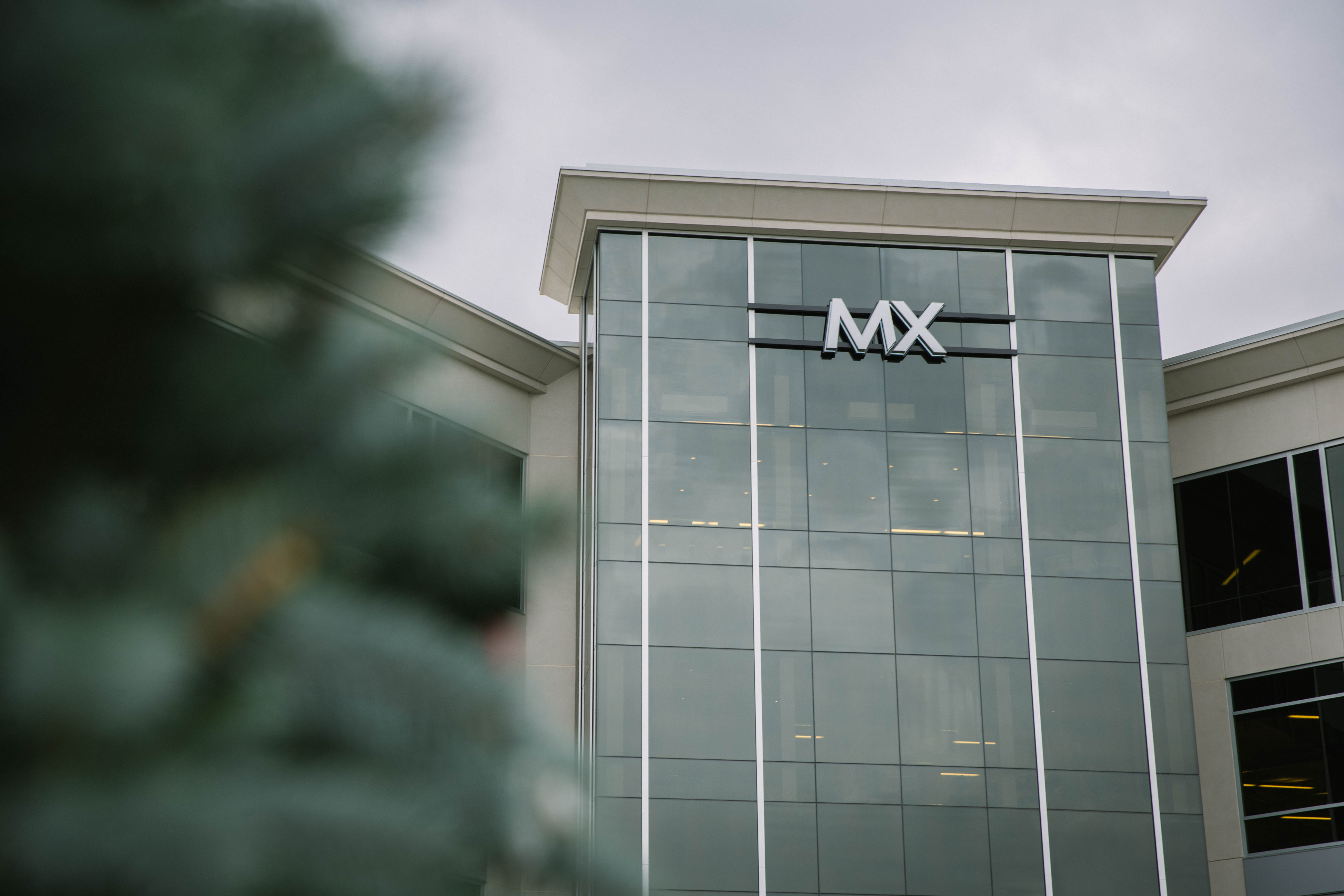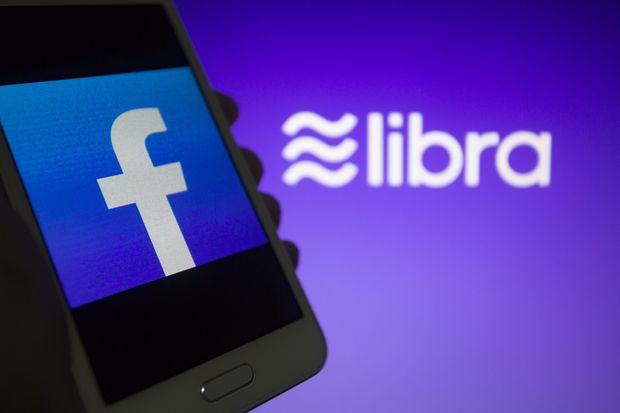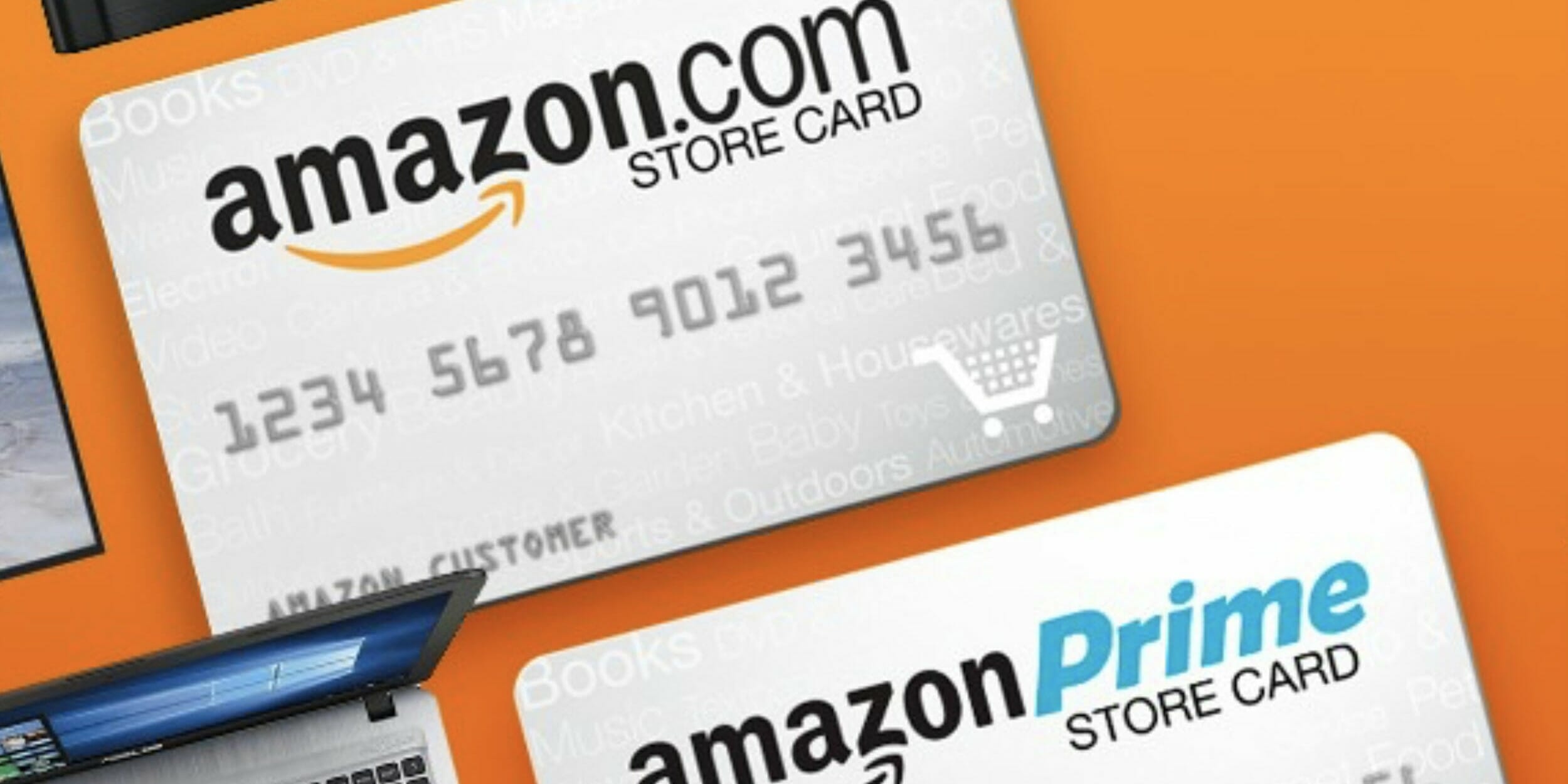What’s Going On In Banking? Key Takeaways
Feb 13, 2025 | 3 min read

 Blog
Blog
June 27, 2019|0 min read
Copied

Since we last reported in our industry’s “surge in fintech funding and M&A” (see April EFN), the trend has only increased. In May alone a number of fintechs received funding rounds including Tradeshift ($250 million), Marqueta ($260 million), Carta ($300 million) and (in June) MX ($100 million).
What’s noteworthy about MX’s Series B funding announcement on June 25 is that unlike most similar-sized companies, MX has been profitable for about the past two years (see CrunchBase). MX said it plans to use the funding for additional hiring, software development and new partnerships (see American Banker). One customer, Washington Federal Bank, an MX client since 2010, said they are set to combine MX’s digital money management capabilities with the MX mobile app Helios. “Customers will be able to open one native app on their phones and do it all,” Washington Federal’s Cathy Cooper told Deseret News.

One of the biggest fintech stories in June was Facebook’s announcement of its new cryptocurrency-based payments network Libra. What is Libra meant to do, exactly? “Become the in-house currency for Facebook, Instagram, and WhatsApp’s combined 2.7 billion users,” explained WIRED. Naturally the social media giant has big plans for Libra, but first it has to get people to use it, wrote The Wall Street Journal. Everyone else wrote about it, too – with mixed reviews, but slanting on the negative.
The Verge, for one, argued that in the end it will be used by only “a few trusted entities.” And while TheStreet felt the currency “might actually be a good thing for crypto,” The Financial Times went so far as to say while “it’s being sold as a way to help the unbanked … [in fact,] Libra will not solve the problem of the unbanked.”

Speaking of the unbanked, the online retail giant launched in June a new credit card called the “Amazon Prime Store Card Credit Builder” (we don’t expect you to remember all that). While the card is being targeted to “shoppers with no credit or bad credit, who would otherwise be exempt from Amazon’s loyalty cards, according to CNBC, it’s not for everyone. Cards like Amazon’s are “basically meant to be training wheels cards that people use when they’re just getting started,” Matt Shultz, chief industry analyst at CompareCards told USA Today.
You be the judge on whether this will be a good thing for the industry.
Feb 13, 2025 | 3 min read
Feb 4, 2025 | 6 min read
Dec 13, 2024 | 3 min read
